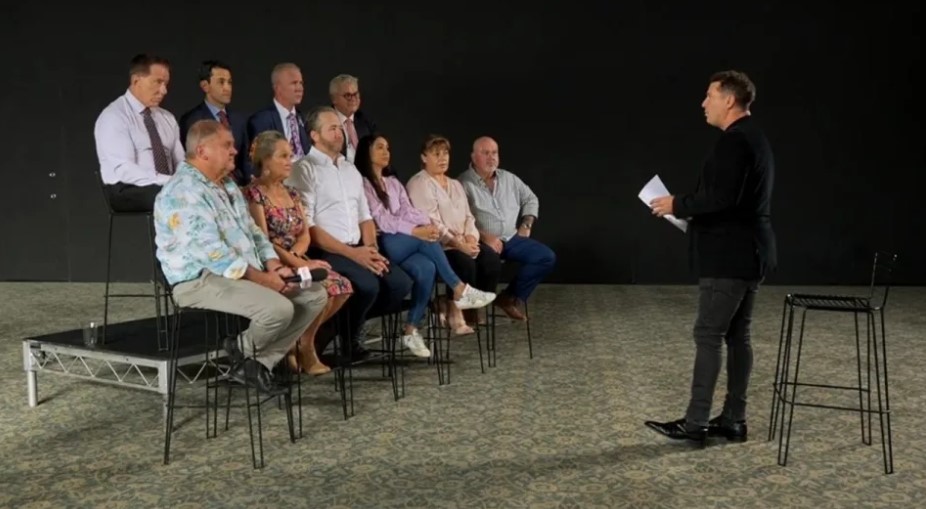Karl Stefanovic’s Emotional Interview Sheds Light on the Devastating Impact of Youth Crime in Australia

The Today show’s Karl Stefanovic was visibly emotional during a segment on youth crime that included interviews with victims of violence at the hands of young people and their grieving families. Seeking answers on how to address the growing “youth crime crisis” in Australia, Stefanovic spoke with frontline officers, politicians, and former Queensland police superintendent Jim Keogh, who revealed that the crisis was the worst he had seen in his 38-year career.
“There’s always been elements of problems… now you’re besieged with youth crime,” Keogh said. He added that the removal of bail laws is “one of the catalysts” for the problem. Stefanovic then spoke with “victims all robbed of a loved one” and recounted some of the most horrific recent incidents involving youth perpetrators that have made headlines across the country. They discussed personal stories of ongoing grief and trauma inflicted by carjackings, home invasions, fatal collisions, and violent public attacks, all committed by young people.
One family Stefanovic spoke with was Ann and Russell Field, who lost their son Matthew in January 2021 after he was struck by a tow truck following a collision with a stolen car driven by a teenager. Matthew’s wife Kate and their unborn son Miles also died in the incident. It was later revealed that the teen driver was under the influence of drugs and alcohol at the time. “Since then, there’s been multiple cars… probably thousands of cars, that have been stolen and multiple deaths,” Mr Field said. “Hopefully no more (mums need to go through this),” Ms Field added. “But there will be more.” Mr Field agreed that he and his wife wouldn’t be “the last” to be affected by such crimes. “We’re not the first and we’re not the last,” he said. “It’ll continue on until something concrete is done.”
Stefanovic later discussed possible solutions with Bill Potts, former director of the Australian Law Council. Mr Potts said that “Raising penalties and jailing our way out of trouble is not going to work.” Stefanovic was visibly moved by Potts’ comment, attempting to cover his face as he fought back tears during his response. “I’m a parent, and if I saw it… and it happened to my kid… I’d want that, whoever it was, locked up forever, at best,” Stefanovic said. “At best.”
Stefanovic’s “special report” aired almost a month after the Queensland government pledged a funding package worth more than $3 million to fight the scourge of youth offending. However, it seems that the issue persists and that solutions are elusive. As the interviewees shared their stories of loss, grief, and trauma, it was evident that this is not merely a problem of statistics, but one of human lives that have been irrevocably changed.
It is a complex issue that demands nuanced solutions, and the emotions of those affected highlight the urgency with which it must be addressed. The fact that a seasoned journalist like Stefanovic was brought to tears is evidence of the profound impact of youth crime on Australian society. It is a problem that requires attention from all quarters of society, including parents, educators, law enforcement, and policymakers, to find a solution.


